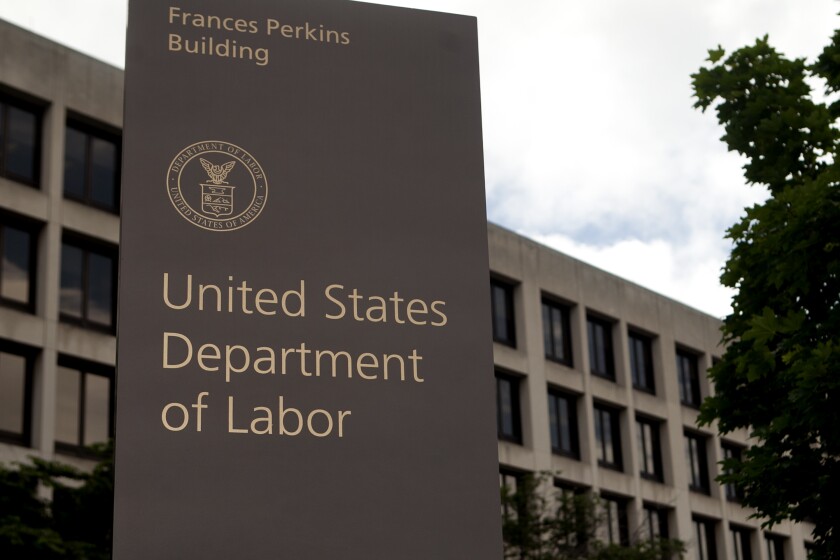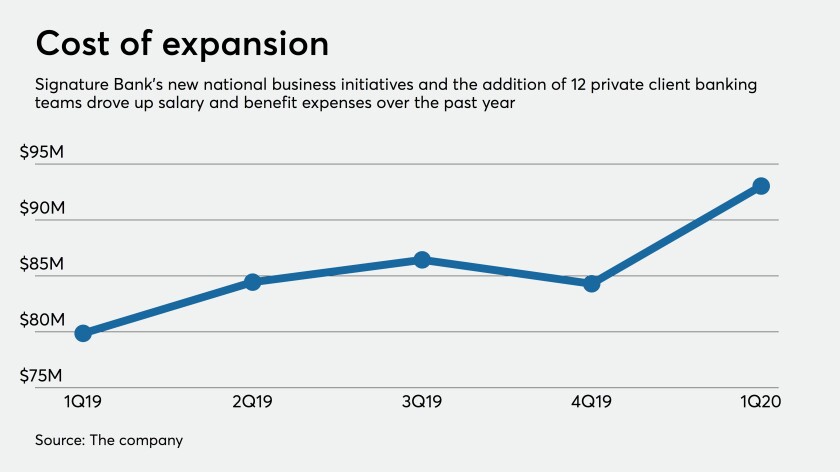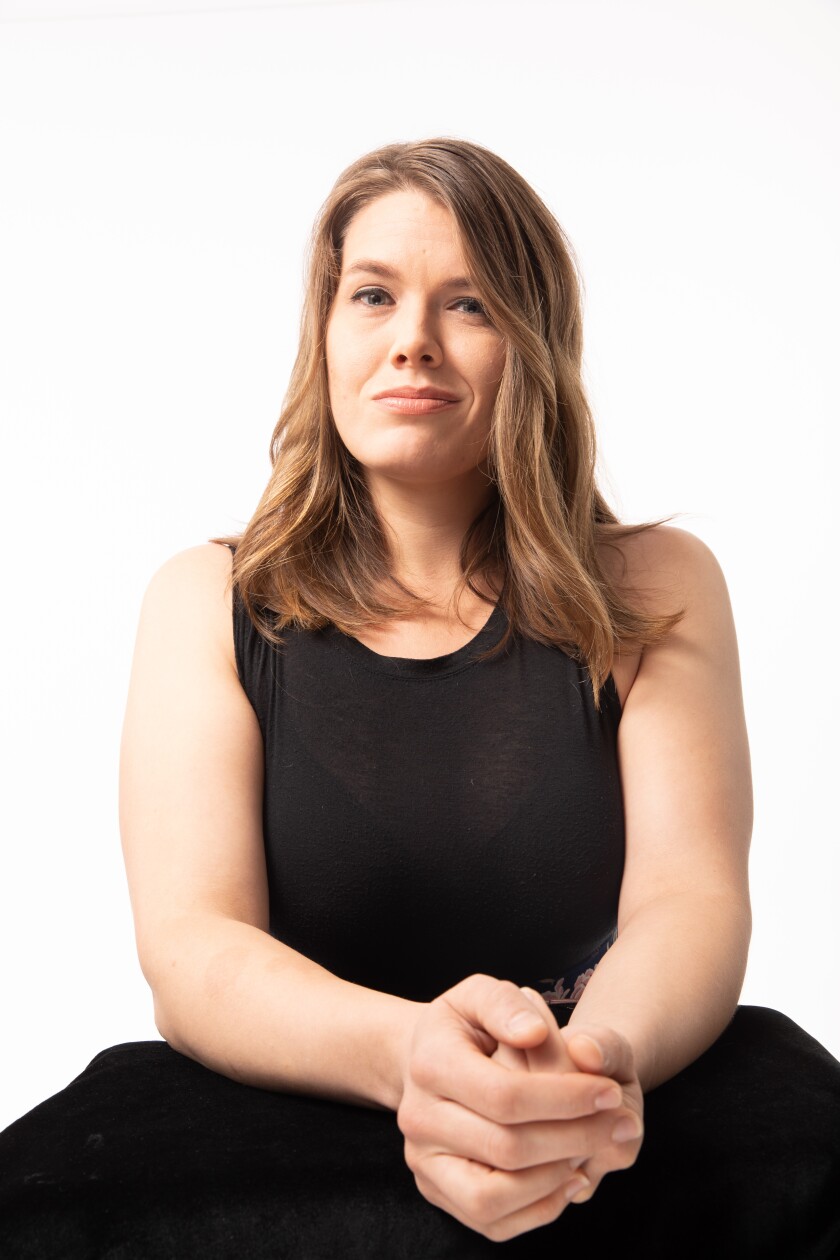Hashing out ideas on a whiteboard. Networking with fellow entrepreneurs over drinks. Poring over plans with mentors. Pitching a roomful of investors.
All these activities that used to be part and parcel of fintech incubators, accelerators and boot camps are no longer possible. As programs such as the Financial Solutions Lab from the Financial Health Network and JPMorgan Chase, Citi Ventures’ D10X program, the BMO Harris/1871 Innovation Program and Visa Everywhere Initiative geared up their 2020 sessions, the pandemic complicated seemingly vital in-person interactions.
Many of these programs are still figuring out what works best. But their experiences show how fintech accelerators have adapted to the lockdown, the challenges they’ve faced in doing so, and how accelerators and incubators run by banks and other organizations might operate after face-to-face meetings return.
The terms incubators and accelerators are sometimes used interchangeably since both provide education and mentorship to startups, but generally speaking accelerators are typically shorter term. Boot camps are intensive training programs for technical skills.
All these program organizers faced a dilemma this year: Do they try to shift the coworking, workshops, mentorships and demo days to a virtual realm? Or do they delay the whole process until some point in the future when it’s safe for their cohorts to meet in person?
“We certainly did think about canceling or delaying, but we kept coming back to this idea that when you have an unprecedented economic event, it’s even more important to support entrepreneurship,” said Ben Schack, head of digital partnerships for BMO Harris Bank.

For the programs that forged ahead, organizers have found some benefits to moving in-person meetings, which normally have taken place in offices, classrooms or event spaces, to Zoom and Slack. Participants, mentors and potential investors are no longer constrained by geography. Some startups have pivoted their services to help those affected by current crises. And for some, especially internal incubators within banks, getting out of the office can provide a surprising boost to creativity.
At the same time, organizers have found it tougher to build community and nurture relationships online than in person.
“The biggest piece we’re trying to figure out is how we can make up for the coffee bar chats, the networking in the evening, the dinners,” said Stephanie Miller, vice president of corporate innovation at the Chicago-area private business incubator 1871.
Casting a wider net
An all-virtual program means an even playing field for local and out-of-town startups.
BMO Harris Bank, which is running its fourth mentorship program in 2020 with 1871, was already in the process of drawing on a more national pool of applicants rather than limiting participants to the Chicago area. For this year’s WMN•FINtech program, which focuses on companies founded or co-founded by women, participants hail from as far away as Eatontown, N.J., and Washington, D.C.
“Companies that are not in Chicago now have every opportunity that local ones do to create meaningful connections with mentors, build relationships at BMO and participate fully in all workshops,” Schack said.
The U.S. Small Business Administration and the Treasury Department relaunched the Paycheck Protection Program on Monday to new borrowers, prioritizing loans from community lenders.
Growth in small business jobs and wages declined last month as a result of the novel coronavirus pandemic, according to payroll giant Paychex.
The economic fallout from the coronavirus pandemic is continuing.
The benefits will hopefully extend to BMO and 1871’s Demo Day (or, perhaps, two days) in September, when startups present their solutions and get exposure to senior BMO executives and investors. The number of attendees won’t be limited by travel or the size of the room at 1871.
The Visa Everywhere Initiative, a global program that encourages startups and fintechs to create payment and commerce solutions, streamed its finals live on TechCrunch on July 1. Normally, the finalists pitch their product to a panel of judges and venture capitalists in person. Winners get between $10,000 and $50,000 in prize money.
“We’re excited that there will be a virtual audience who can participate in Q&A sessions and be part of the deliberations," Terry Angelos, senior vice president and global head of fintech at Visa, said in an interview just before the event.
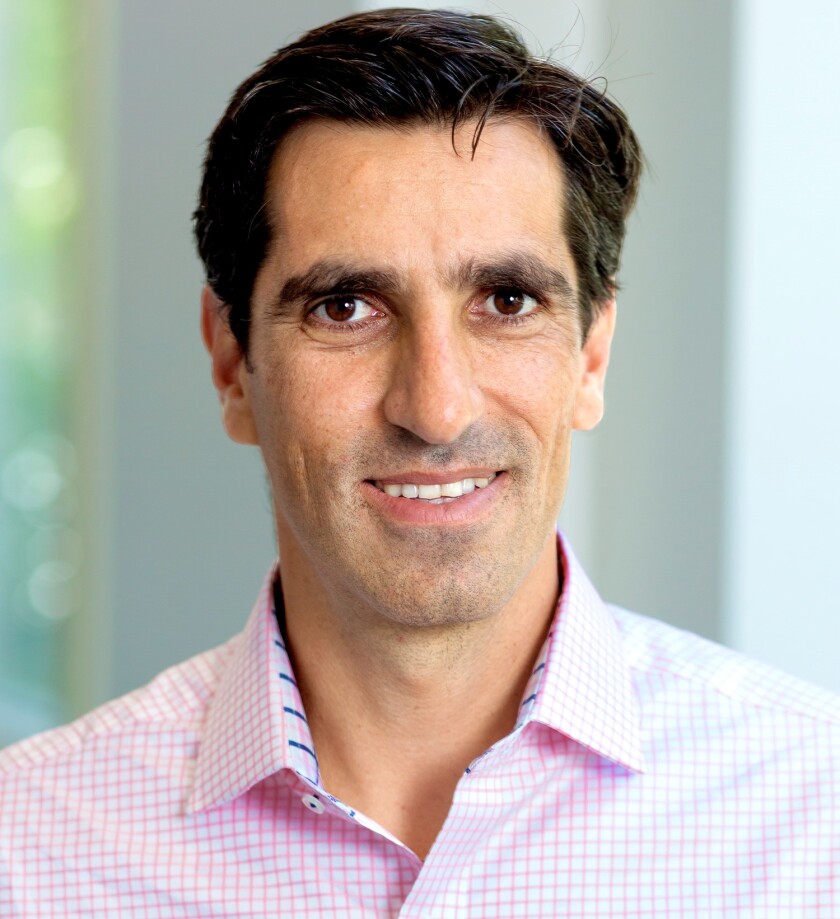
Fighting video fatigue
Miller noted that 1871 has been breaking its sessions into shorter increments wherever possible (most workshops are 60 to 90 minutes) and spreading them over multiple days to avoid Zoom fatigue. 1871 has also been experimenting with meditation breakouts, informal lunches and more to keep participants of various programs engaged.
A subprime-related settlement between the government and Deutsche Bank provided meaningful benefits to some U.S. consumers in need, according to a new report. But the author acknowledged that those gains could prove illusory for some consumers given the coronavirus crisis.
The New York commercial bank says geographic diversification is a long-term necessity and that the interplay of its private banking and commercial banking businesses has helped it withstand the economic shock of the coronavirus.
BBVA USA in Birmingham, Ala., says it will use a proprietary score based on multiple sources of coronavirus-related information to determine when certain branches are ready for walk-in traffic.
2U is an education technology company that partners with universities to deliver both online and in-person education programs including skills-based fintech boot camps under Trilogy Education, a business it acquired last year. By mid-March, all of its programming had moved online.
The company reported that the core content of its fintech boot camps didn’t require many changes. But it added short activities that could be used at the beginning of any lesson to build energy, tools such as Jira and Discord to spur online ideation and conversation, and videos to help both learners and instructors mimic the classroom environment on Zoom.
Building community, sparking creativity
Perhaps the most difficult aspect of recreating a physical accelerator online is fostering a sense of community when participants don’t have a chance to meet in person.
“This process is often pretty lonely for founders,” said John Thompson, chief program officer at the Financial Health Network, which manages the Financial Solutions Lab with JPMorgan. The Financial Solutions Lab recently announced the four organizations participating in its sixth Accelerator: Climb Credit, which offers payment and financing options for students; Edquity, which administers universities’ emergency cash grants and provides social service referrals for college students; Finli, which handles tuition collection and more for family-centric businesses; and Summer, which helps student loan borrowers find suitable repayment and forgiveness programs.
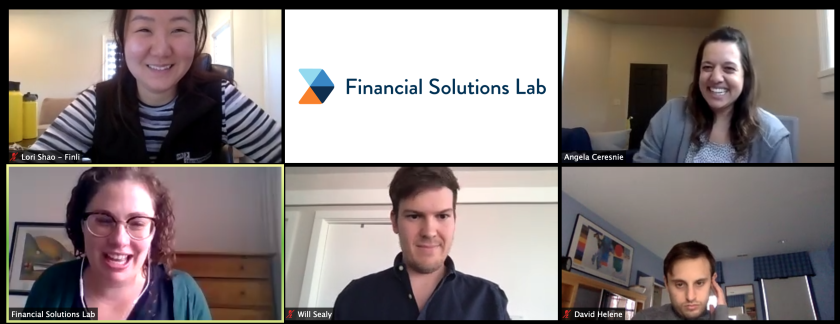
“There is something about the cohort experience, the process of building that shared experience together and knowing problems you and others are working on, that you’re not alone,” said Thompson.
The Lab team has been working with the startups more individually for now, designing Individual Support Plans for each company that outline its main business priorities, key impact metrics and stakeholders.
Program organizers have been nudging the founders to connect more over Slack. Thompson hopes that more collaborative aspects of the program will take shape in the latter half of the six-month experience.
Schack, of BMO, is hoping that mentors and startup employees will find time to meet more frequently over video than they otherwise would have in person (normally, meetings took place every other week at the BMO offices in Chicago).
“We were more thoughtful than ever this year about how we were pairing mentors and mentees to create the greatest odds of having meaningful and valuable interactions,” he said.
Each startup is matched with three mentors and one “executive champion” at the bank. BMO tapped executives in Toronto and Wisconsin to broaden its pool of mentors this year.
Sometimes, the changes are a blessing in disguise.
Alex Sion, global consumer banking lead for Citi Ventures’ D10X program, which incubates new products and businesses within Citi, acknowledged that it’s difficult to replicate the same kind of organic creativity when Citi employees can’t assemble in a room, sleeves rolled up as they scribble ideas on a whiteboard and brainstorm in side conversations.
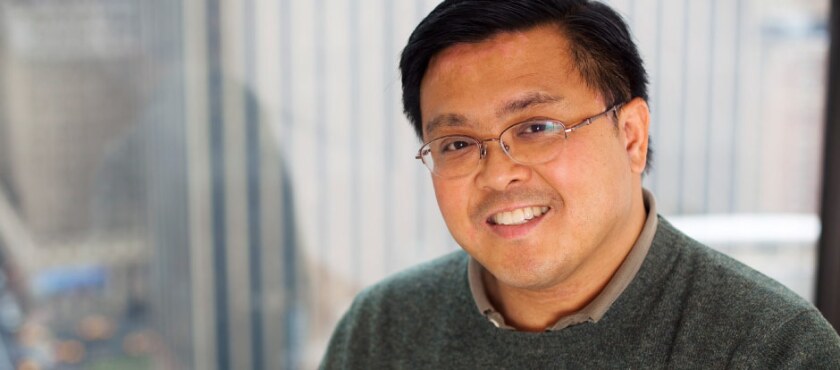
Breakout rooms in Zoom (as well as use of Microsoft Teams and Citi Meet, an internal conferencing platform) help, but it’s not the same.
“Anytime you put an agenda on something, you’re restraining creativity,” Sion said.
Instead, Sion’s team has been leaning more heavily on data, grounding creative discussion and generating ideas based on observed customer behaviors.
There have also been some surprising advantages.
“The net benefit of being virtualized is everyone is removed from the office and focused on customer problems,” Sion said. “Often, you get so internally focused on conversation that you don’t get headspace on the outside. Now, all you get is outside headspace. We feel much more productive.”
Pandemic-related pivots
Some startups may emerge from these programs newly equipped to address needs that have arisen during the pandemic.
The 2020 Visa Everywhere Initiative started with five “challenge questions” that are meant to help fintechs focus on an area where they can improve on payments. After the pandemic started affecting businesses worldwide, Visa added a sixth: How would your startup help support small businesses to recover from the economic impacts of the COVID-19 pandemic and accelerate deployment, since timely access is so critical right now? (The finals for this particular challenge question will take place virtually on September 9, and a single winner will earn $50,000.)
The startups in Financial Solutions Lab’s cohort all focus on advancing the financial health of underserved workers and students — a population that has already been severely impacted by the pandemic.
One company, Summer, has tweaked its product to assist borrowers who are collecting unemployment or who have had their hours cut, and incorporated new options under the federal coronavirus rescue package. It also partnered with Steady, an app for hourly and gig workers, as well as the states of Connecticut, Rhode Island and Pennsylvania to offer its services to impacted students.
The current situation has also given organizers food for thought as they plan for future cohorts.
“As we start to think about areas we want to focus in the future, those are heavily influenced by what’s happening in both the crisis related to pandemic and what we’re seeing in terms of social injustice and inequality,” Thompson said. “What we are seeing in the world today tells us to push ourselves even further and faster.”




